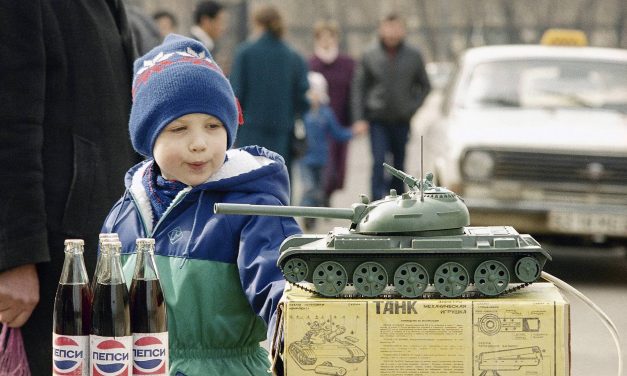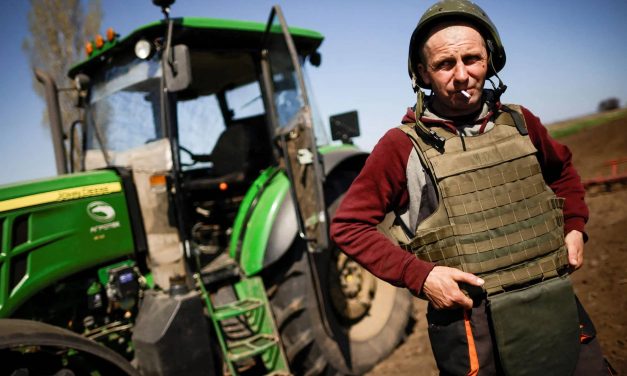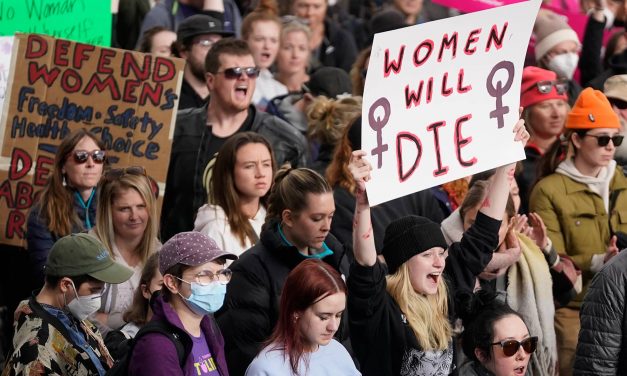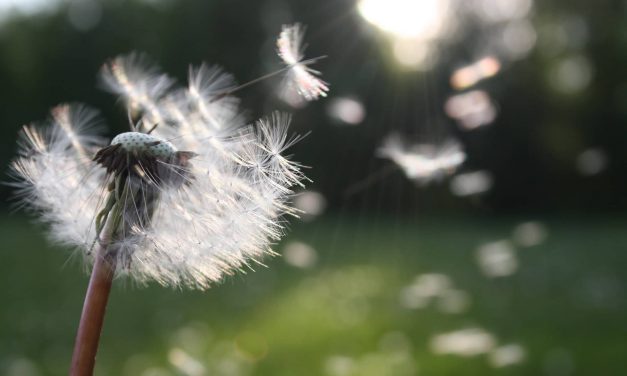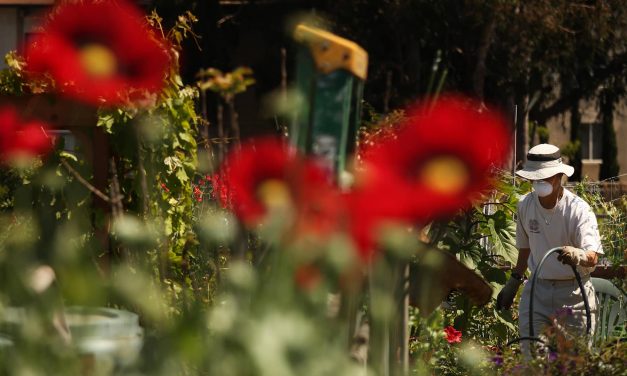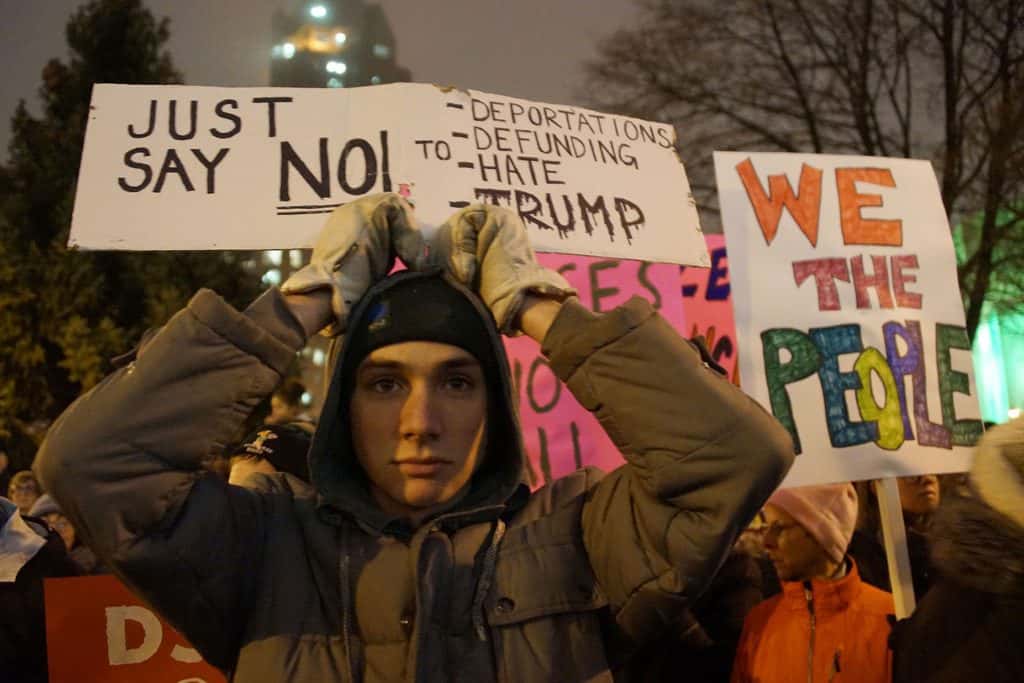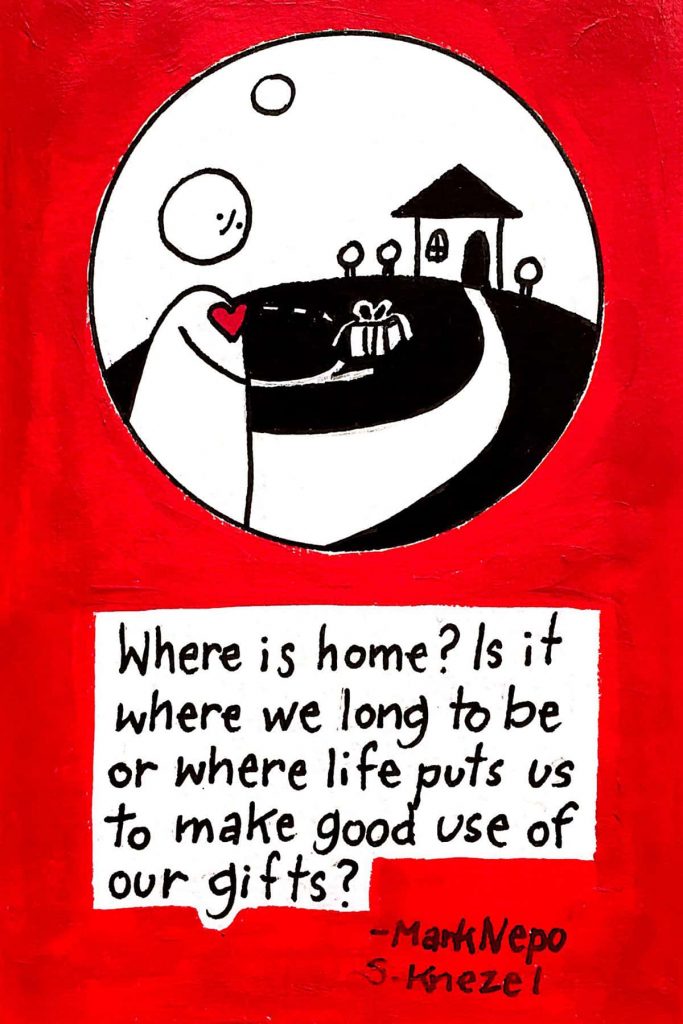From oil embargoes to gas cutoffs: Why Putin’s weaponization of energy resources could backfire
By Michael E. Webber, Josey Centennial Professor of Energy Resources, University of Texas at Austin In December 2006, “The Economist” magazine published a cover drawing of Russian president Vladimir Putin, dressed like a 1930s gangster in a dark suit and fedora hat, under the headline “Don’t Mess with Russia.” Putin held a gasoline nozzle, gripping it like a machine gun. The target presumably was Europe, which relied heavily on Russia for oil and natural gas. The cover story’s subheading asserted, “Russia’s habitual abuse of its energy muscle is bad for its citizens, its neighborhood and the world.” Today that...
Read More

